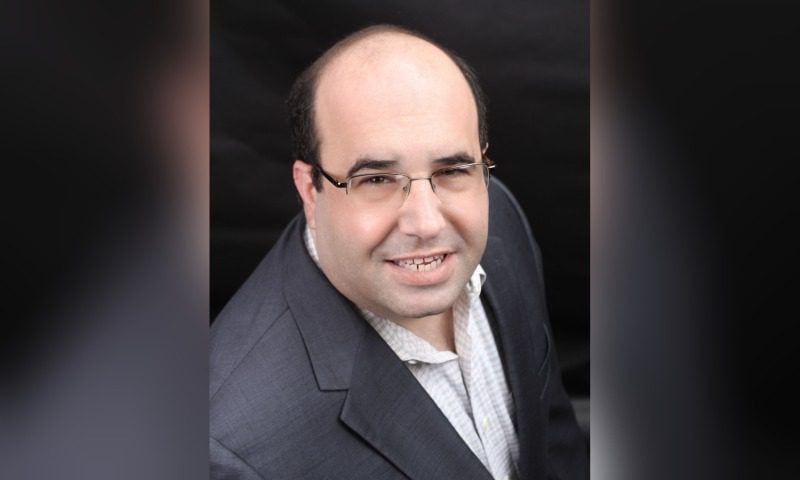We just had a symposium at the APA Eastern celebrating the ten years of the Indian Philosophy Blog. We also used it as a chance to reflect on the need to build a community of scholars in Sanskrit philosophy and Continue reading APA panel on the IPh blog→
We just had a symposium at the APA Eastern celebrating the ten years of the Indian Philosophy Blog. We also used it as a chance to reflect on the need to build a community of scholars in Sanskrit philosophy and how to achieve that. If you were present, please tell us what you thought. Meanwhile, I will start by sharing my thoughts as I expressed them during the symposium and my impressions on the speakers after me. These are my impressions and the actual talks were much better!
My full handout is available here (comments are welcome!). Basically, I said the following:
—Postulate: Traditions tend to institutionalise and to become conservative. Nothing should be added that would question the boundaries of the discipline itself.
—But: We are in a window of opportunity, in which some opening is possible. It may close back again and we have to act quickly.
—What should we do? Keep on working on one’s own and take advantage of this window or have more ambitious goals and work as a team. The latter is more ambitious and is, imho, the only way to make the discipline progress.
—What should we work on? In a nutshell: Translations of key texts, work on individual philosophers.
—For that, we need a community. How can we achieve it? Through events (panels etc.), publishing venues, collective projects (e.g., ERC ones), informal networking (like the IPhblog).
—Team working is essential for ambitious goals, but also for selfish ones, e.g., staying motivated after tenure.
After me, Monika Kirloskar stressed the need to go beyond the darśana account of Indian philosophy and to look also at philosophers working at the periphery of the darśana systems (e.g. Tagore, Ambedkar, but also authors in precolonial India writing in other languages).
Amod Lele summarised the history of the blog, its success and how it can be appealing for people who have less chances to interact scholarly at conferences etc.
Parimal Patil highlighted the need to go beyond the narrative of the six schools of Sanskrit philosophy (yes!) and the idea of schools as institutions. He also answered to Monika that there is a difference between texts that can be used philosophically and texts that are philosophical. He highlighted the need to produce translations of full texts and to use philanthropy to create new positions. As a way forward, he suggested creating productive dialogues among colleagues who see each other as epistemic peers. To do that, we need to focus on specific thinkers, texts and lines of arguments.
Chris Rahlwes discussed the case of Jaina-endowed chairs and the opportunity they signify for young scholars.
During the discussion, Mark Siderits pleaded for team-work with Analytic philosophers, who would be able to see what is interesting in Sanskrit texts, now that our colleagues in Analytic philosophy are ready to read about it.
Parimal and Matthew McKenzie suggested that the IPhBlog could keep a running list of translations that are worth suffering over (good idea! Please add your suggestions in the comments!).
Ethan Mills asked what we could take as a measure for success of our enterprise. Parjanya Joshi suggested: When Indian philosophy is no longer differentiated as a subfield (EF: but one can speak of epistemological authors writing in Sanskrit along with ones writing in English).
Laura Guerrero suggested that success would be having as many of us at all levels, from community colleges to R1, whereas there are fewer of us at R1.
Parimal repeated the need to hire people who know the primary language and can lead a PhD student’s research project. The situation is different in the case of AOCs.
Finally, we repeated the need of translations and deeper engagement at multiple levels (with Analytic philosophy colleagues, at the grassroots level etc.)
—>Again, these are just my notes. If you were there and I misrepresented your position, please let me know. If you have other remarks, please share them in the comments.










